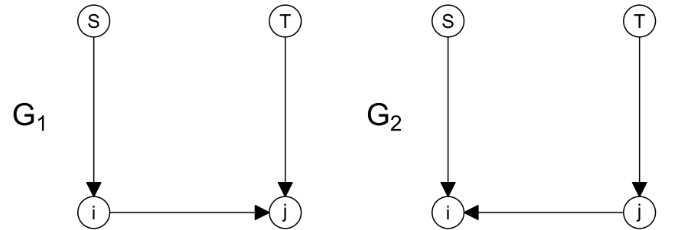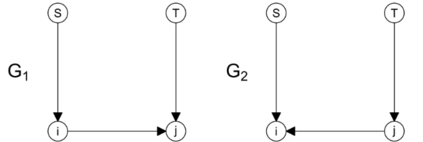We consider the structure learning problem with all node variables having the same error variance, an assumption known to ensure the identifiability of the causal directed acyclic graph (DAG). We propose an empirical Bayes formulation of the problem that yields a non-decomposable posterior score for DAG models. To facilitate efficient posterior computation, we approximate the posterior probability of each ordering by that of a "best" DAG model, which naturally leads to an order-based Markov chain Monte Carlo (MCMC) algorithm. Strong selection consistency for our model is proved under mild high-dimensional conditions, and the mixing behavior of our sampler is theoretically investigated. Further, we propose a new iterative top-down algorithm, which quickly yields an approximate solution to the structure learning problem and can be used to initialize the MCMC sampler. We demonstrate that our method outperforms other state-of-the-art algorithms under various simulation settings, and conclude the paper with a single-cell real-data study illustrating practical advantages of the proposed method.
翻译:我们考虑了结构学习问题,所有节点变量都有相同的误差差差差值,这是确保因果定向环流图(DAG)可识别性的假设。我们建议对问题进行实证贝斯配方,为DAG模型产生不可分的后继分数。为了便于高效的后代计算,我们将每个订单的后生概率比喻为“最佳”DAG模型,该模型自然导致以顺序为基础的Markov连锁Monte Carlo(MCMC)算法。我们的模型的选择一致性在温和高维度条件下得到了强有力的证明,我们的取样员的混合行为在理论上得到了调查。此外,我们提出了一个新的迭代自上而下算法,该算法能迅速产生结构学习问题的近似解决办法,并可用于初始化MMC取样器。我们证明我们的方法比不同模拟环境中的其他最先进的算法要强,并在论文结束时进行单细胞真实数据研究,说明拟议方法的实际优势。




